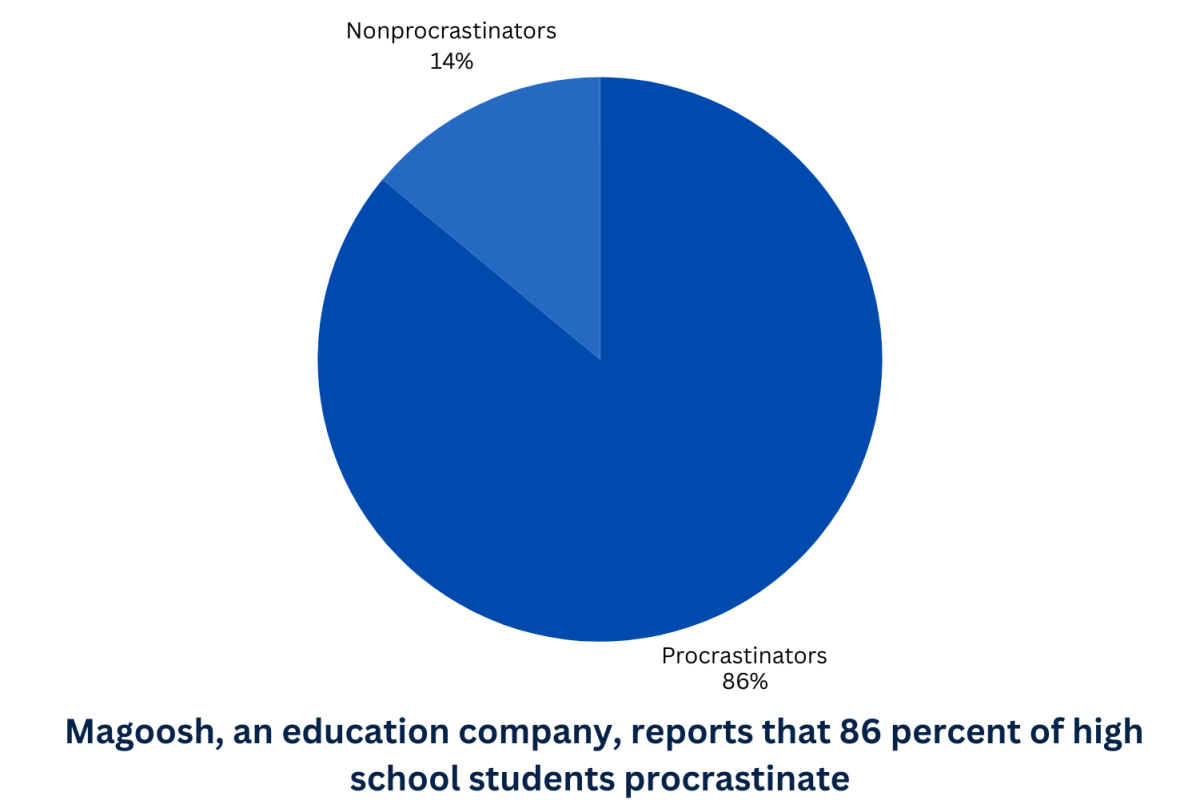It has begun. The slow, gradual descent of my grades. First it came as a B+, a slippery foe with an unmenacing mask, but then the real enemy attacked: a systematic barrage of F’s. Let me explain: last month, Netflix released a new season of “House of Cards,” rich with drama, scandal, calculated manipulation, and the thrill of uncertainty.
Now, I do not seek to blame “House of Cards” for my red arrows on the Powerschool app, but in a way, I do blame it. Perhaps the most crushing aspect of this phenomena has come in Spanish class. On a Quia assignment out of 14 points, I managed to pull through with a score of eight. A rough translation converts these numbers to a letter grade of F. Even worse was having to explain this grade to my parents.
However, the point of this story is not to elaborate of my cultural failing as a Mexican, but rather to explore the multiple variables that distinguish “House of Cards” as a truly captivating show. Season four, which was released on March 4, continues the legendary journey of Claire (Robin Wright) and Francis Underwood (Kevin Spacey), the strongest political couple in Netflix history and arguably 10 times more formidable than the Clinton Machine.
Without many spoilers — albeit, there will be big ones, so read at your peril — the new season of “House of Cards” offers returning viewers a thrilling plot that centers around a presidential force trying to secure the nomination of his party. It also harkens back to the traditional vibes of season one, summoning their old nightmares, and further reinforcing their only reliable weapon against foe and friend alike: their commitment to one another, at all cost, for any reason, and without limitation.
For starters, it reverts back to the integral relationship of Claire and Francis. There is nothing stronger than the raw, uncensored lust for power they both share; their sheer political intellect, loose morals, and, yes, their willingness to go to extremes, manifest themselves in two carnal bodies destined for terrible greatness. As you all better remember, season three leaves off with a partnership in disarray: Claire leaving her husband in the middle of a reelection year and Francis alone without his number one campaigner, his wife.
Without giving much away, I can tell you that season four adequately responds to the crisis, and, throughout the season, you see something that transcends a marriage: a partnership, one where two equal forces are moving in the same direction, obliterating what obstructs, circumventing what ensnares, and surpassing the unsurpassable.
A certain bullet in the plot strikes a new flame in the Underwood’s marriage, and this catalyzes a series of events. First and foremost, reconciliation. Next, political coordination. Lastly, precise execution. In short, Francis and Claire Underwood become the standard bearers of the Democratic Party as President and V.P., respectively.
Another aspect of the show that made watching all the more educational and entertaining was the fact that this year is an election year, and “House of Cards” more than capitalized on the timing. Throughout the episodes, there were several references to the current race, which culminated in the Democratic Party having an open convention. Does this sound close to what could happen for the G.O.P.? The series also includes I.C.O., a radical group meant to mirror ISIS.
However, the plot relies on the stunning performances delivered by Wright and Spacey. Wright bring an elegance and commanding presence to the set, which, coupled by her character’s brilliant political mind, makes her possibly the most intriguing character in the series. Spacey returns with his classic power-complex persona, and, for the first time, we see what happens when two tempests clash.
The question remains, though: is “House of Cards” an accurate reflection of our politics? Maybe after watching season four, you’ll be able to answer that question.









